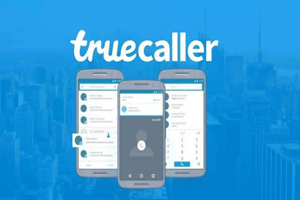New Delhi, Jul 14: Troubled by spam calls from banks offering loans or rival operators doling out more data coaxing you to switch You are not alone. India tops the list of countries most affected by spam calls, says a report.
According to phone directory app Truecaller, India is ahead of countries like the US, Brazil, Chile and South Africa with an average user receiving over 22 spam calls a month.
Compared to this, customers in the US and Brazil get about 20 spam calls a month, while in Kenya the average is about seven calls, Truecaller said in a report.
"On a deeper dive, we found that there are common categories that tie all these spam calls together. These would be operator, debt collection, bank, political, health, spam, telemarketing, financial service, scam and insurance," it added.
In India, telcos and telemarketing accounted for a major chunk of the spam calls at 54 per cent and 13 per cent, respectively.
"Many of these operators are seeking to provide special offers for free data, or unlimited calls. Which doesn?t sound so bad until you get bombarded by them," the report noted.
Truecaller -- which has over 250 million users globally -- used data from its user base to compile the report.
Incoming calls that were marked as spam by users or those flagged by its platform during January-May were considered. During this period, users received over 5.5 billion spam calls.





Comments
Add new comment